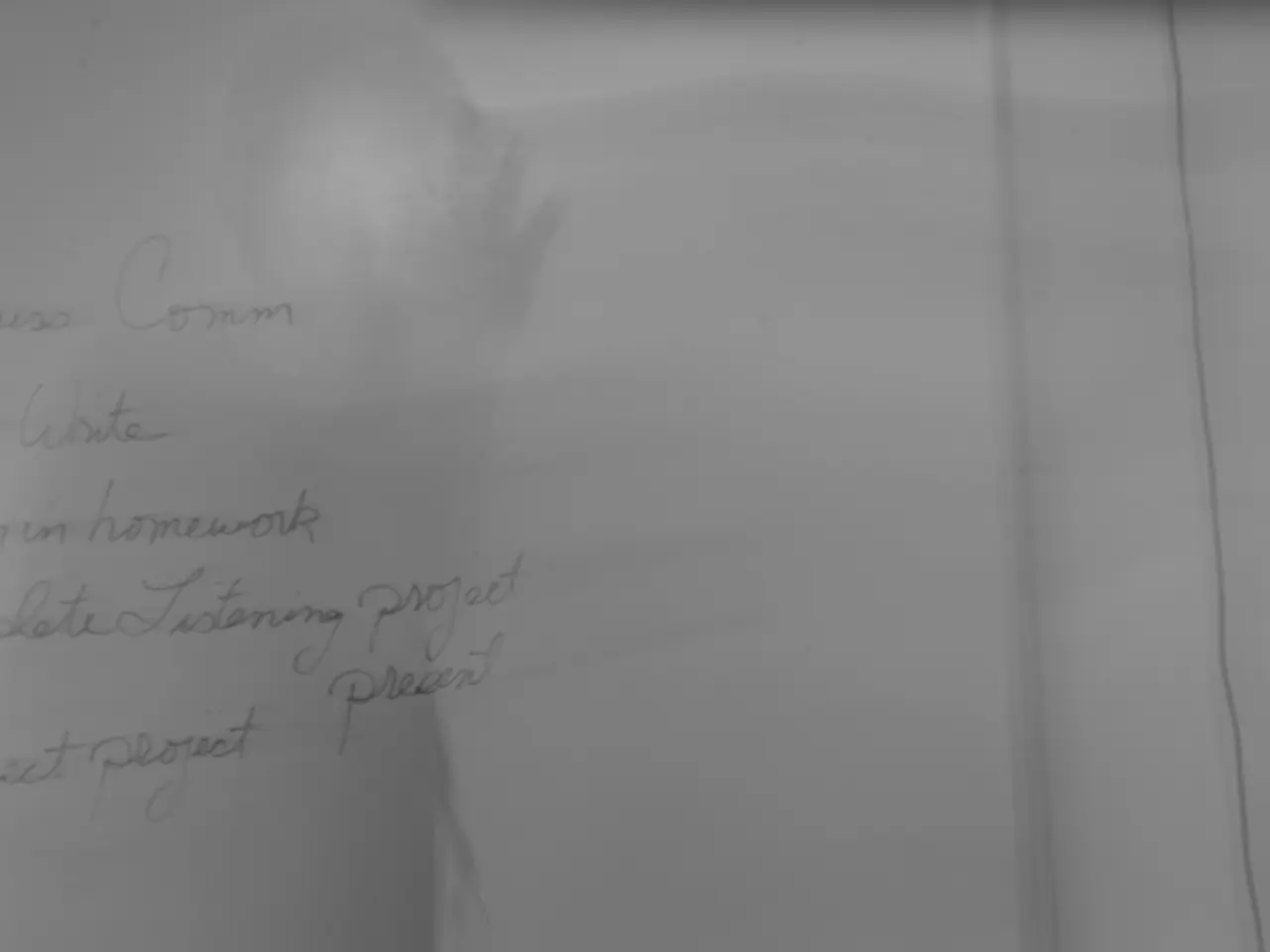Prescription of a 5% fuel surcharge exclusion for kerosene, LPG, and CNG, as per the Presidential Tax Committee's decision.
The Presidential Fiscal Policy and Tax Reforms Committee has provided clarification on a key aspect of Nigeria's new tax laws - the proposed 5% fuel surcharge. The committee, chaired by Taiwo Oyedele, released a statement in a Frequently Asked Questions (FAQs) document on Saturday via X (formerly Twitter).
According to the committee, the fuel surcharge, designed as a dedicated fund for road infrastructure and maintenance, will not automatically take effect when the new tax laws commence on January 1, 2026. Instead, its implementation will be carefully considered with regard to timing and economic conditions.
The committee also clarified that the surcharge will not apply to household energy products such as kerosene, cooking gas (LPG), compressed natural gas (CNG), and clean or renewable energy products. This move aims to align with Nigeria's energy transition agenda.
The fuel surcharge, if implemented effectively, can provide several benefits. It can lead to safer travel conditions, reduce travel time and cost, lower logistics costs, and vehicle maintenance expenses. However, the savings from petrol subsidy removal may not be enough to cover Nigeria's huge and recurring infrastructure needs alongside other fiscal obligations.
The newly signed four tax reform bills, including the Nigeria Tax Bill, the Nigeria Tax Administration Bill, the Nigeria Revenue Service (Establishment) Bill, and the Joint Revenue Board (Establishment) Bill, will take effect on January 1, 2026, as announced by the Executive Chairman of the Federal Inland Revenue Service, Zacch Adedeji.
It's important to note that the charges, such as VAT on fuel, excise tax on telecoms, and the cybersecurity levy, have already been removed or suspended as part of the tax reforms.
The Minister of Finance, Mr. Wale Edun, will issue an order for the implementation of the fuel surcharge, which will be published in the Official Gazette as stated under Chapter 7 of the Nigeria Tax Act, 2025, before the tax increase takes effect.
The committee has emphasized that the clarification was made to address growing concerns that the surcharge could worsen the cost-of-living crisis for Nigerians. It's worth mentioning that over 150 countries impose various charges on fuel products to guarantee regular investment in road infrastructure.
The fuel surcharge is part of Nigeria's new tax laws, and its implementation will play a significant role in the country's infrastructure development and road maintenance. Stay tuned for more updates on this developing story.
Read also:
- Antitussives: List of Examples, Functions, Adverse Reactions, and Additional Details
- Asthma Diagnosis: Exploring FeNO Tests and Related Treatments
- Unauthorized disclosure of Azure AD Client Secrets: Privacy in the digital realm under threat due to exposure of cloud credentials
- Revitalizing Wisconsin Point Peninsula within the St. Louis River Estuary's Ecosystem Conservation Zone








